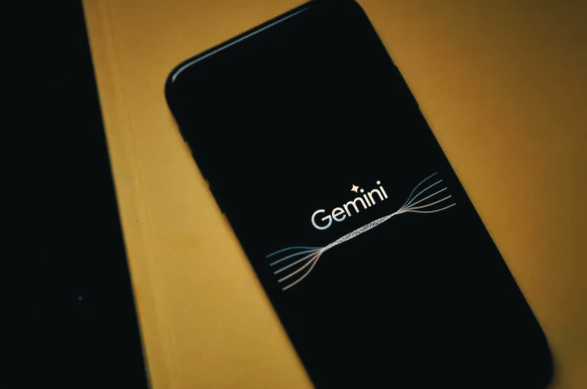Decoding the AI Battle: Google Gemini vs OpenAI’s GPT-4 in 2024

Introduction:
In the dynamic landscape of artificial intelligence, the fallout from ChatGPT’s 2023 success sees Google introducing Bard and the formidable Gemini, setting the stage for a potential shift in the balance of AI dominance in 2024.
Understanding Google Gemini:
Google Gemini, positioned as a direct competitor to OpenAI’s GPT-4, emerges as the engine behind Google’s AI initiatives. Drawing parallels to GPT-4, Gemini exhibits a multifaceted ability to process various content forms, including text, code, audio, image, and video.
Training and Capabilities:
The prowess of Gemini lies in its extensive training on diverse datasets, including books, articles, code repositories, and various forms of media. This training equips Gemini to understand complex relationships between different media, enabling it to respond intelligently to prompts, questions, and proposals. However, the ongoing development is evident, as occasional limitations persist, showcasing room for improvement.
Testing Google Gemini:
Accessing Google Gemini through the test version integrated into Google Bard provides users with a glimpse into its potential. Noteworthy is Gemini’s proficiency in tasks such as coding and logical reasoning, albeit with occasional errors that underscore its evolving nature.
Gemini Nano for Google Pixel 8 Pro Users:
A notable addition to Google’s AI arsenal is Gemini Nano, tailor-made for Google Pixel 8 Pro users. This version, accessible through integrated features in popular apps like WhatsApp, Google Keyboard, and the recorder app, addresses swift mobile tasks, exemplifying the versatility of Gemini’s applications.
Impressive Demonstrations:
Google has released videos showcasing Gemini’s capabilities, providing a visual testament to its potential. While these demonstrations are impressive, it’s crucial to note the controlled nature of these scenarios, leaving users curious about how Gemini will perform in unscripted, real-world situations.
Gemini’s Superiority Claim:
Google boldly claims Gemini’s superiority over GPT-4, citing victories in 30 out of 32 categories in a multitask language understanding test. The groundbreaking 90% score positions Gemini as the first model to potentially outperform human experts across subjects like math, physics, history, law, ethics, and medicine. However, the caveat is that these claims are examined by Google itself, leaving room for external verification.
Versions of Gemini:
Google’s plan to release three versions of Gemini—Ultra, Pro, and Nano—addresses diverse user needs. While Ultra stands out with robust capabilities, Pro and Nano cater to different intelligence levels and affordability, mirroring OpenAI’s strategy with GPT models.
Conclusion:
As the AI competition between Google and OpenAI intensifies, the unfolding battle between Gemini and GPT-4 leaves users intrigued about the future of AI in 2024. The real-world impact and user experiences with these technologies will undoubtedly shape the narrative of AI advancement in the coming years.








